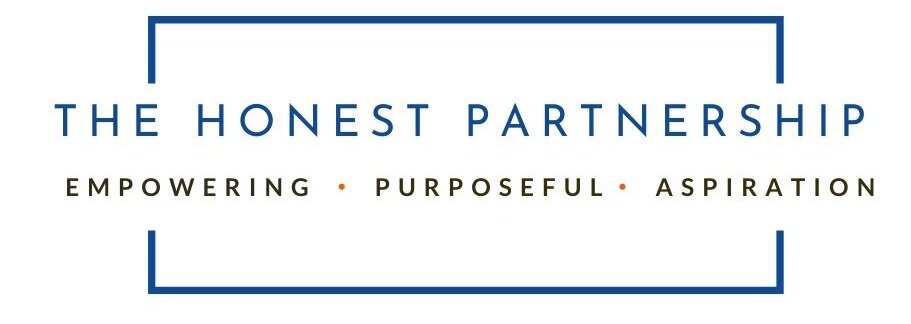“…always firefighting immediate issues, I’m just exhausted…I’m supposed to be planning a fancy future and I’m just stuck in the day to day all the time.”
Leila described herself as frustrated, exhausted and duty-bound to her boss. A newly promoted senior manager in a global PR agency, Leila was struggling to create impact as a leader, instead, getting caught up in the firefighting behaviours’ of board members she was leading.
Goal: Stop Firefighting.
Leila’s promotion in December 2021 was unexpected, her ability to be able to own and deliver on bigger picture thinking was recognised as a quality the board team required. A new role was formed for Leila, the focus to give more direction to the team and work on longer-term growth as the board had underperformed for several quarters.
The role, however, was never clearly defined, effectively Leila continued to be a Managing Partner with a portfolio of clients and a diverse global distributed team. The sensed expectation was for Leila to also take on a leadership role with the board, focusing on improving their effectiveness - Leila was apprehensive: ‘I think they expect me to do it all.’
The dynamic between Leila and her manager contained to be a barrier and as time went on stalled her transition into her new role.
“I’m just a veneer to support my managers ideas, we are not working together which is how this promotion was sold to me.”
‘I think they expect me to do it all and what frustrates me is my boss isn’t even concerned about my current workload…’
Results.
Clearing a Pathway for Success
Defining a job description, and setting objectives and KPIs were recognised as foundational for success in this new role; without this clarity, Leila understood she would get caught up in the firefighting behaviour already exhibited by board members.
By exploring her personal values, talents and what aspects of her work gave her great purpose and satisfaction she was able to define her job description. In doing so she identified what responsibilities needed to be delegated to team members or removed from her role altogether - it was an important step in setting boundaries in her role.
Milestones for transitioning into the new role were identified; additional resourcing, informing clients of account changes and moving away from planning. With her job description signed off by her manager, she started to put these into place, but something else was emerging.
Stalled Success
The dynamics with her manager didn’t meet expectations; less partnership more I’m telling, you listen’ and this style played out how she and other board were managed. What Leila was now able to observe was;
Board members were treated as individual business units by her manager
KPIs were not aligned across the board
The direction was delivered away from board meetings
Value in collaboration was not recognised by the manager as a positive
Short-term problem solving rarely resulted in any policy or process updates (immediate accounts needs only were focused on)
Board members were exhausted by continuously focusing on the short-term view
Working With Polarities
We worked on focusing on strategy rather than the relationship. By introducing the principle of polarities and how polarities can co-exist for example short-term and long-term focus, centralised and decentralised, margin and innovation enabled Leila to find an unexpected solution to the tension she was experiencing in her work and her relationship with her manager.
In working through a polarity map exercise, Laila started to reframe the challenges faced as not something to be solved with an either-or decision; instead what polarities offered was a chance to ask how can these two strategies (short and long-term) live together?
Kick-Starting Progress
As a result, Leila provided her manager with a business case for working on both strategies. This fresh perspective gave rise to the manager starting to open up about his own challenges and competing KPIs being exerted from the group level. This shift in the relationship and the focus has enabled several big changes;
Implementation of further board meetings dedicated to what’s next separating out live account challenges has created space for the team to think together
Budget and resourcing are in place to develop a more collaborative mindset for the board to enable more future thinking
Greater openness regarding pressures from Global directives has eased some of the pressures Leila was experiencing from her manager
The boundaries Leila set in place have been upheld, enabling Leila’s team to develop and grow in confidence and the account pressures are now being held by her team (less fire-fighting at an Account team level)
As Leila’s confidence has grown, frustration has lessened and satisfaction with her new role has increased; the plan she set out is materialising and trust and hope for the future has started to emerge for her
The coaching focus has now shifted to how Leila wants to show up as a leader, something she was not able to even consider before now.
